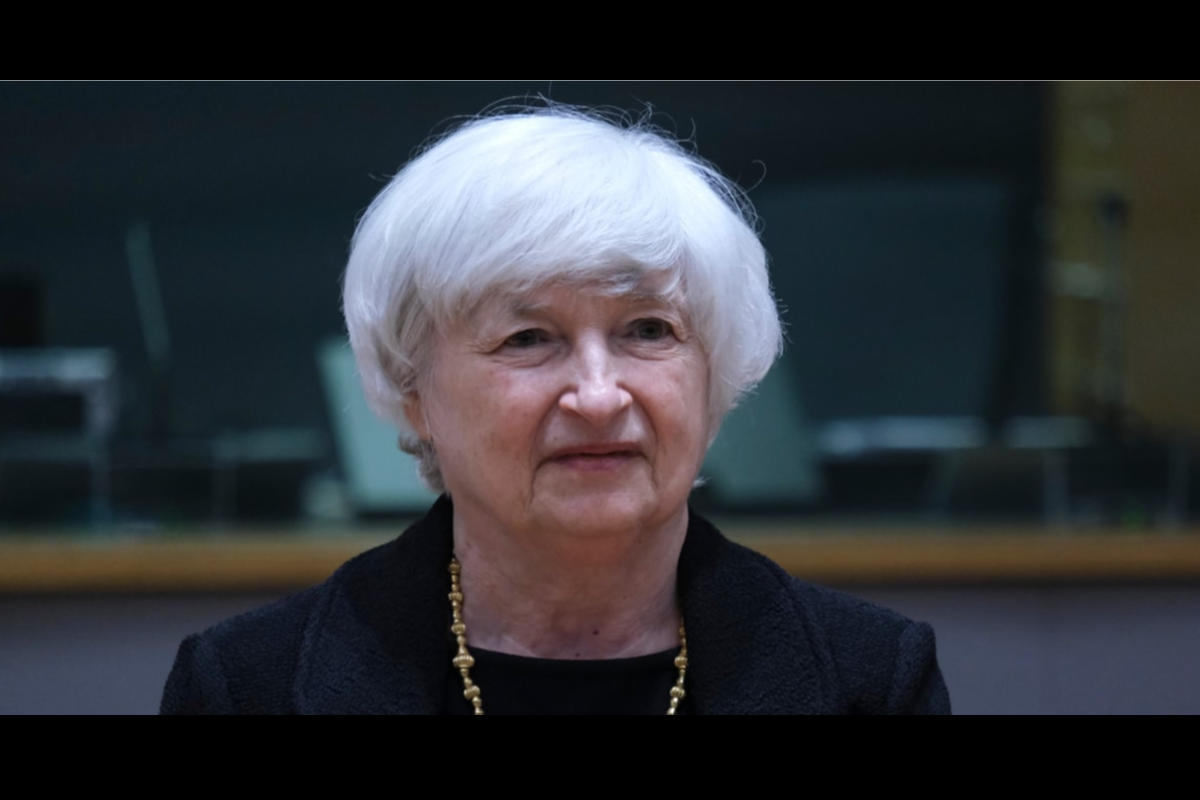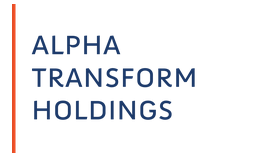Blockchain
How hard is it for businesses to comply with VAT/GST obligations around the world? In which countries is it optimized?

A new study has been released that yields significant global findings as to the relative compliance burden of Value Added Tax (VAT) and Goods and Services Tax (GST) around the world1. Using an exclusive VAT Diagnostic tool developed for the purposes of this study, UNSW Sydney has released a new comparative assessment2, which considers the compliance requirements and related administrative burden associated with adhering to local VAT and GST rules across 47 different jurisdictions.
The research concluded that 14 countries around the world score favorably overall, including Singapore, Australia, Costa Rica, New Zealand and South Africa, with a compliance burden index of 4 or less, while 15 countries were rated with a score of 6 or more, suggesting the need for policy and/or administrative reforms in those locations in order to help reduce the compliance burden — for taxpayers and for tax administrators. The study also suggests that governments and their tax administrations can learn from those jurisdictions where the compliance burden is rated more favorably. For example, by implementing technology solutions in order to help streamline processes.
Lachlan Wolfers, Global Head of Indirect Taxes, KPMG International says, of the study, “The findings highlight the importance not only of countries having the right VAT policies in place, but also the call to modernize the delivery of tax administration to support businesses in efficiently managing VAT compliance costs. Businesses are telling us that, as their compliance obligations are globalizing through the digitalization of business models, the ability to deal with tax authorities electronically in registering, invoicing and filing is becoming increasingly important.”
The UNSW research team intends for the diagnostic tool to be used by governments and tax authorities around the world to help them see variances and identify best practices that can help to reduce compliance costs and improve compliance. For example, recent initiatives such as Making Tax Digital (MTD) in the UK, Singapore’s Assisted Compliance Assurance Program (ACAP), as well as electronic invoicing, filing and registration systems all support taxpayers in efficiently managing VAT compliance costs, while at the same time enhancing the integrity of countries’ tax systems.
“We are pleased to support UNSW in their research as a part of our global Responsible Tax project, and believe it will be a valuable tool for tax authorities to assist in making the system more efficient, reducing the cost of collection and improving the compliance environment,” says Chris Morgan, Global Head of Tax Policy, KPMG International. “Ultimately, a more efficient system means less need to devote resources and investment to administrative compliance processes, which can benefit not only businesses and tax administrators but also society at large.”
The tool focuses not only on the VAT policy settings in place in any given country, but also on how the VAT system is administered in line with the needs of the community it serves. The compliance burden indicators were found to be influenced by four key factors at the country level, including:
- tax law complexity
- the number and frequency of administrative obligations
- revenue body capabilities to support taxpayers
- monetary costs and benefits.
Looking across all countries, the research finds that features of tax policy design, including reduced rates, exemptions, and registration thresholds, had a negative impact on taxpayers’ compliance burden in over two thirds of the countries studied. However, part of the compliance burden is sometimes an inevitable consequence of express policy decisions, such as measures to make the system more progressive.
The results of the tool also show that, as a VAT regime grows older, the relative compliance burden tends to be higher, and that, from a macroeconomic perspective, the VAT compliance burden is generally higher in less developed countries. Both higher levels of exports as a percentage of GDP, as well as the higher the ratio of tax to GDP in a country, are also associated with a higher compliance burden.
In addition, the diagnostic tool can be used to highlight the importance of best practice VAT policy settings to assist in managing compliance costs, with countries like China and India both recently recognizing the value in having fewer VAT rates which operate off a broad base.
“What will be fascinating is to see the results of this diagnostic tool in a few years’ time as different technology initiatives play an increased role in both VAT collection and enforcement — measures such as real-time tax reporting, the increased use of data and analytics in managing compliance, and the deployment of blockchain technology,” says Lachlan.
The UNSW diagnostic tool has initially been deployed to assess VAT compliance costs, but is expected to be expanded to cater for other business taxes. Adjunct Professor Richard Highfield of the UNSW, says:
“The UNSW team considers that, at this stage, it has sufficient proof of concept to be able to undertake, in collaboration with stakeholders, the development of a broader suite of diagnostic tools designed to measure and evaluate the tax compliance burden of other business taxes, in particular, the corporate income tax; tax regimes applicable to the provision of labor; and customs duties and excises.”
About KPMG
Blockchain
Alpha Transform Holdings Releases March Report on ASC AI Index
Blockchain
Elizabeth Warren Urges Treasury Secretary Yellen to Implement Strong AML/CFT Measures for Stablecoins

In a recent communication directed to Treasury Secretary Janet Yellen, US Senator Elizabeth Warren has strongly advocated for the incorporation of robust Anti-Money Laundering and Combating the Financing of Terrorism (AML/CFT) measures specifically tailored for stablecoins. Senator Warren’s correspondence underscores the critical importance of adopting the full array of AML tools outlined by the Treasury Department in a prior November 2023 communication to Congress.
Senator Warren has underscored the burgeoning threat posed by cryptocurrencies, particularly stablecoins, to national security. She has specifically drawn attention to instances where entities like Iran and Hamas have turned to cryptocurrencies as a means to raise funds and support terrorist activities. To effectively address this evolving threat landscape, Senator Warren asserts that any forthcoming crypto legislation must encompass comprehensive AML/CFT authorities as requested by the Treasury Department.
Moreover, Senator Warren has made reference to the testimony provided by Deputy Secretary Adewale O. ‘Wally’ Adeyemo before the Senate Committee on Banking, Housing, and Urban Affairs. In this testimony, Adeyemo emphasized the critical need for additional AML authorities to combat the growing menace posed by cryptocurrencies. Senator Warren has pointed out that the exclusion of crucial actors within the digital asset ecosystem, such as miners and validators, from AML/CFT requirements could potentially enable nefarious actors to exploit the increased crypto trading facilitated by stablecoin legislation.
Senator Warren’s steadfast stance on the regulation and oversight of cryptocurrencies is aligned with her prior efforts aimed at curbing illicit activities and safeguarding consumers, the financial system, and national security interests. She has persistently advocated for the closure of loopholes in AML regulations that allow sanctioned entities like Iran to derive revenue through crypto transactions. Furthermore, Senator Warren has consistently voiced concerns regarding the exploitation of cryptocurrencies in terrorist financing schemes and has called for the implementation of stronger regulatory frameworks to protect both consumers and national security interests within the realm of stablecoin-related legislation.
Source: blockchain.news
The post Elizabeth Warren Urges Treasury Secretary Yellen to Implement Strong AML/CFT Measures for Stablecoins appeared first on HIPTHER Alerts.
Blockchain
Binance Launches Megadrop: A Token Launch Platform with Airdrops and Web3 Quests

Binance has rolled out Binance Megadrop, a novel token launch platform that blends airdrops with Web3 quests. This platform enables users to engage in BNB Locked Products subscriptions and complete tasks within their Web3 Wallet to earn early rewards from chosen Web3 projects, even before their tokens hit the Binance Exchange.
The inaugural project featured on Binance Megadrop is BounceBit (BB), a BTC restaking chain. Here are the token specifics for BounceBit: Max Token Supply: 2,100,000,000 BB, Megadrop Token Rewards: 168,000,000 BB (8% of max token supply), Initial Circulating Supply: 409,500,000 BB (19.5% of max token supply).
To kickstart their journey with Binance Megadrop, users must log into their Binance account and ensure they possess an active Binance Web3 Wallet. From there, they can subscribe to BNB Locked Products and/or fulfill Web3 Quests to accumulate scores. These scores dictate the rewards received through the Megadrop program.
The scoring mechanism for Megadrop relies on the Locked BNB Score, determined by the quantity of BNB subscribed and the subscription period’s duration. Users also earn a Web3 Quest Bonus and a Web3 Quest Multiplier upon completion of designated Web3 Quests. The total score is computed by applying the Web3 Quest Multiplier to the Locked BNB Score and adding the Web3 Quest Bonus.
Importantly, only wallets created within the Binance Web3 Wallet and not external wallets will count towards Megadrop participation. Megadrop rewards will be airdropped to users’ Binance Spot Wallets.
Users must undergo identity verification and maintain at least one active Binance Web3 Wallet to qualify for Megadrop rewards. Additionally, certain jurisdiction-based eligibility criteria apply. Users from Australia, Canada, Cuba, Crimea Region, Hong Kong, Iran, Japan, New Zealand, Netherlands, North Korea, Russia, Singapore, Syria, United Kingdom, United States of America, and its territories are presently ineligible to participate in BB Megadrop.
Binance Megadrop is aimed at offering users an interactive and rewarding experience within the crypto realm. Further details regarding the Megadrop amount, Web3 Quests, and the comprehensive listing plan will be disclosed separately.
Source: blockchain.news
The post Binance Launches Megadrop: A Token Launch Platform with Airdrops and Web3 Quests appeared first on HIPTHER Alerts.
-
Blockchain7 days ago
THXLAB and IZUTSUYA Announce Strategic Partnership
-
Blockchain3 days ago
Open-Source Intelligence (OSINT) Market is expected to reach a revenue of USD 64.9 Bn by 2033, at 25.6% CAGR: Dimension Market Research
-

 Blockchain Press Releases7 days ago
Blockchain Press Releases7 days agoBitget to Take Center Stage at Blockchain Life and Token2049 Dubai
-

 Blockchain Press Releases2 days ago
Blockchain Press Releases2 days agoBybit and Franck Muller Partner with Sidus Heroes to Launch Cosmic Gears: A Pioneering Web3 Game with a $250,000 Prize Pool and Exclusive Watch Collection
-

 Blockchain Press Releases7 days ago
Blockchain Press Releases7 days agoBitrue Gears Up for 2024 Bitcoin Halving with Trading Competition
-

 Blockchain2 days ago
Blockchain2 days agoBlockchain Transforming Travel: Quantum Temple’s Innovative Venture
-

 Blockchain Press Releases7 days ago
Blockchain Press Releases7 days agoaelf Leads the Fusion of AI and Blockchain to Shape the Future of Technology
-

 Blockchain2 days ago
Blockchain2 days agoEvolution of the Blockchain World: Doric Blockchain Drives Education and Adoption of Blockchain Technology and Tokenization in Latin America




































